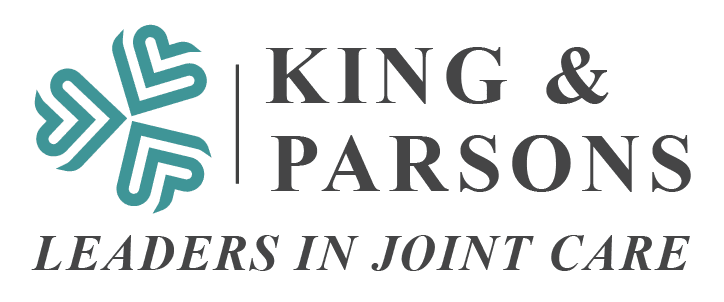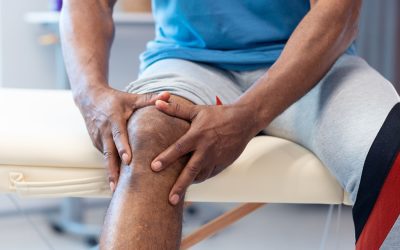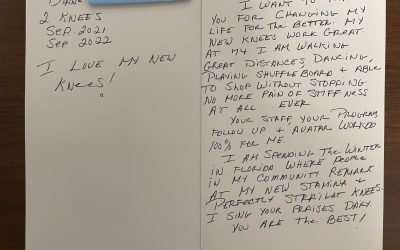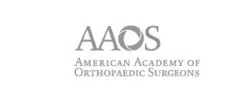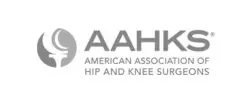The United States is in the midst of an opioid crisis. Every day hundreds of Americans die from this tragic addiction to opiates and in towns across America, families and communities are being torn apart by drugs. We now live in a time where everyone knows someone whose life has been permanently altered by narcotic addiction and high schools in our backyards need to carry Narcan injections for adolescents who are doing drugs. Resources to both combat the epidemic and treat those who have fallen victim are wholly insufficient. While the President has recognized this epidemic publically, the government has failed to put for policies and funding to address the problem. New Hampshire, unfortunately, is one of the states most affected by this crisis.
It is well established that opiate addiction for some people starts with narcotic pain medications prescribed for injury of surgery. Particularly in the field of orthopedics, many surgical procedures can be painful, and recovery can take time. Patients looking to treat their postoperative discomfort are not seeking a path of drug addiction, but it can occur inadvertently from prolonged use of commonly prescribed medications such Percocet, Oxycodone, Vicodin, Norco, Dilaudid and others. The body builds a tolerance to these medications that can then lead to a dependence, characterized by withdrawal symptoms.
In an effort to substantially reduce the need for opiate medications after surgery, we have developed as part of our A.V.A.T.A.R program, a comprehensive, multimodal pain management pathway that treats pain using a combination of nonnarcotic medications that work synergistically to provide a manageable level of comfort after surgery. There are three steps in this protocol: preoperative or pre-emptive analgesia, intraoperative and postoperative.
Pre-emptive analgesia refers to the process of blocking pain before it starts. We use several medications including Tylenol, Celebrex, Decadron, and Neurontin before the surgery to block the pain pathways before the stimulus arrives. We also perform regional nerve blocks for knee and shoulder replacements that locally anesthetize sensory nerves around the surgical field providing 12-24 hours of pain relief after the surgery.
During surgery, we use a special, long-acting local anesthetic called Exparel. This is a time release version of commonly local anesthesia that is wrapped in small fat globules that release the medication slowly over the course of several days. When properly implanted around the surgical field, this can significantly reduce pain for 48-72 hours. We also use less invasive surgical techniques to minimize tissue trauma during the case.
Postoperatively we continue the multimodal pathway using a combination of synergistic medications including Tylenol, anti-inflammatory medications, Tramadol and sometimes other medications like Neurontin instead of the prescription of opiates. All of these are non-opiate medications that may not provide sufficient pain relief when used alone. However, when used in combination according to a preset schedule, the combined effect can be dramatic. Patients then only require opiates is the pain level becomes unmanageable.
In our experience, this program has dramatically reduced the number of pain medications patients require after joint replacement and the duration of time over which patients require pain relief. We often have patients that undergo knee, hip and shoulder replacement and take less than 10 pain pills after surgery. This is a dramatic reduction that can virtually eliminate the risk of narcotic addiction when this program is tailored to the patient and followed according to the schedule.
Learn more about our A.V.A.T.A.R program here.
